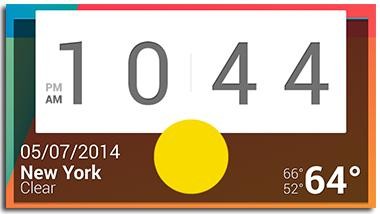Jailbreak, on the other hand, is a much different technique. This process involves the iPhones iOS, or internal operating system. This is the basic programming of the device, that contains all the information the device needs to function.
See how to Jialbreak here
A jailbreak happens when an independent programmer studies the iOS and develops a program that exploits a vulnerability in the system, allowing them root access to change things as they see fit. The most common use for a jailbreak is to allow the device to download applications and programs that Apple has not approved.
Unlocking and jailbreaking are both known as software modifications. This is the term used when the basic programming of the software of a device is altered, either with permissive or deceptive means. An unlock is a permissive action, as any user can call their own carrier and request an unlock, if they are leaving the country for example.
There are also third party companies that can unlock your device, should a user not wish to go through their carrier to do so.
A jailbreak is a deceptive modification, as Apple and other companies do not want programmers to have access to their iOS. They work hard to keep these programmers from having access to their property.
But it is worth it to mention that neither process is illegal. In 2010, the DCMA, or the Digital Millennium Copyright Act, amended an exemption to its rule that deemed 'jailbreaking' legal, meaning there can be no legal recourse for it.
As for the actual jailbreak itself, there have been a bevy of different ways to accomplish this. They generally fall under two categories, being tethered jailbreak and untethered jailbreak. An untethered jailbreak is simply a method of jailbreaking your device that conveniently allows you to power your phone on and off at will.
A tethered jailbreak, however, requires your device to be connected to your computer each and every time it is powered on. While this seems like an encumbrance, it should be noted that there are jailbreaks of each type.



No comments:
Post a Comment